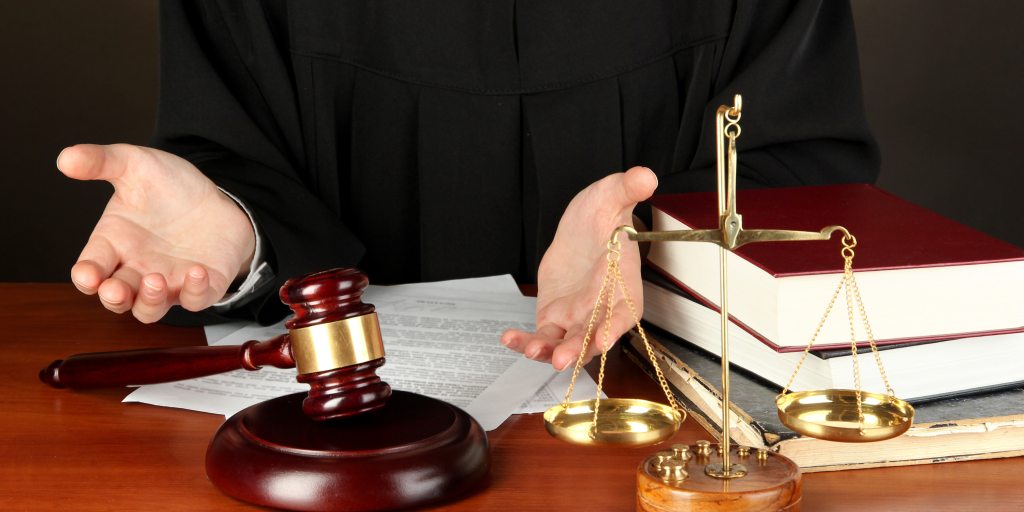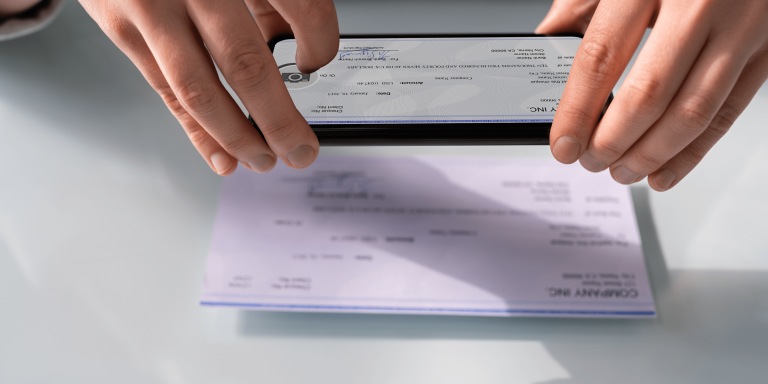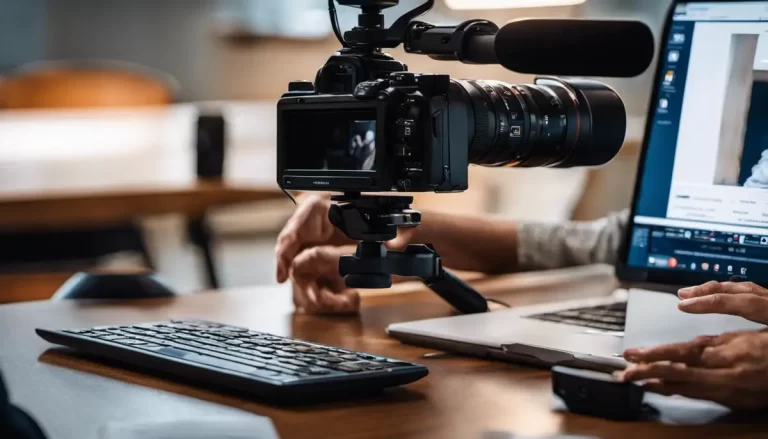Have you pondered how quickly you must type to succeed in this unique career? Look no further—we’ll illuminate the issue. Legal proceedings depend on court reporters, who record every word quickly. But how fast must they be? Join us as we discuss court reporter typing speed and offer tips for improvement.
Understanding the role of a court reporter
Court reporters are the unsung heroes of the legal system, quietly documenting every courtroom word. Their attention to detail and speedy transcription are unmatched. Court reporters record depositions, hearings, trials, and other proceedings verbatim as neutral observers. Court reporters must be meticulous and focused in addition to being great typists.
They must discriminate between speakers and accurately capture tone and emotion in addition to transcribing. This needs tremendous attentiveness in possibly heated courtrooms. Court reporters do more than record speech. They can also provide real-time reporting during live proceedings utilizing software that rapidly converts stenographic notes into intelligible text on screens for judges and attorneys.
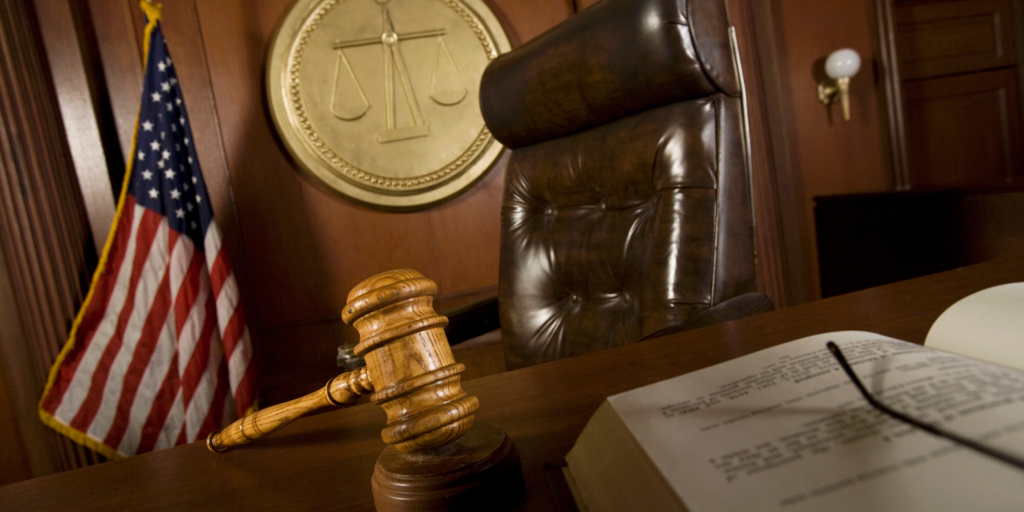
A court reporter’s responsibility goes beyond typing fast; it requires preserving correct records in our justice system while always being professional and meticulous.
Importance of typing speed in this profession
Typing speed is crucial for court reporters. Court reporters must carefully transcribe court proceedings, recording every word and detail. Typing swiftly and efficiently can make all the difference in a lively courtroom. Typing speed helps keep up with spoken language’s quick pace.
Court reporters must record every word while attorneys interview witnesses, present evidence, and argue their case. Typing faster improves transcribing accuracy. High typing speeds help court reporters focus on the proceedings without getting overwhelmed by attempting to keep up. By simply following the speakers’ remarks, essential information won’t be ignored or misdocumented.
Practice helps court reporters type faster. Regular exercises with online or customized software can improve accuracy and speed. Touch-typing and legal terminology knowledge can also boost efficiency. Court reporters must be qualified and have excellent typing skills, among other qualifications.
These include good listening skills, the ability to distinguish various voices, attention to detail when recording words and nuances like tone and emotion, and great syntax, punctuation, and spelling to generate polished transcripts.
Average typing speed required for court reporting
Court reporting requires quick typing. Court reporters are distinguished by their ability to swiftly and precisely transcribe spoken language. How quickly must you type to succeed in this field?
There is no exact typing speed for court reporting, however most experts aim for 225 WPM with 95% accuracy. This may appear difficult, but with practice and effort, you can master it.
Improving typing speed takes time and effort. Regular practice with online typing tools or court reporter software can help. These tools generally contain exercises that simulate real-world transcription circumstances to enhance speed and accuracy.
Transcribing effectively demands attention to detail and legal terminology, so acquiring great listening skills is just as crucial as technology.
Strategies to improve typing speed
Court reporters must type quickly and accurately. Top court reporters can swiftly and correctly transcribe spoken words. These tips can help you type faster.
Mastery comes from practice! Make time each day to practice typing. Typing speed exercises are available online in many places. Consistent practice improves speed, muscle memory, and finger dexterity.
Next, try touch-typing. This involves typing by muscle memory rather than looking at the keyboard. Correct hand positioning and regular touch-typing can increase your speed.
Remember ergonomics! Setting up your desk properly can improve typing comfort and efficiency. Use an ergonomic keyboard, change chair height for good posture, and take pauses to avoid weariness.
Improving your typing speed takes time and work, but it will help you keep up with fast-paced courtroom events as a court reporter.
Technology and tools to assist with transcription
Technology has transformed court reporting, making transcribing faster and more efficient. No more typing each word on a typewriter or using shorthand. Court reporters can now use cutting-edge transcription software and equipment.
Such tools include CAT software. The program lets court reporters record and translate spoken speech into text in real-time. CAT software speeds up transcription while maintaining correctness with automatic punctuation, spell-checking, and customized macros.
Accurate transcriptions require high-quality audio recording gear. Court reporters need quality recordings to capture every word. High-quality microphones and recording gear reduce background noise and maximize audio quality.
Modern technology has streamlined court reporters’ processes and increased productivity. Using these tools can help aspiring and experienced court reporters remain ahead in this fast-paced industry while maintaining transcript accuracy.
Other skills necessary for court reporters
In addition to typing rapidly, court reporters need other skills to succeed. Excellent listening comprehension is essential. Court reporters must grasp and accurately copy sophisticated legal terminology and various speakers. Court reporters must also be detail-oriented. They must accurately record every deposition or trial word. Precision is essential because even a tiny mistake might affect a case.
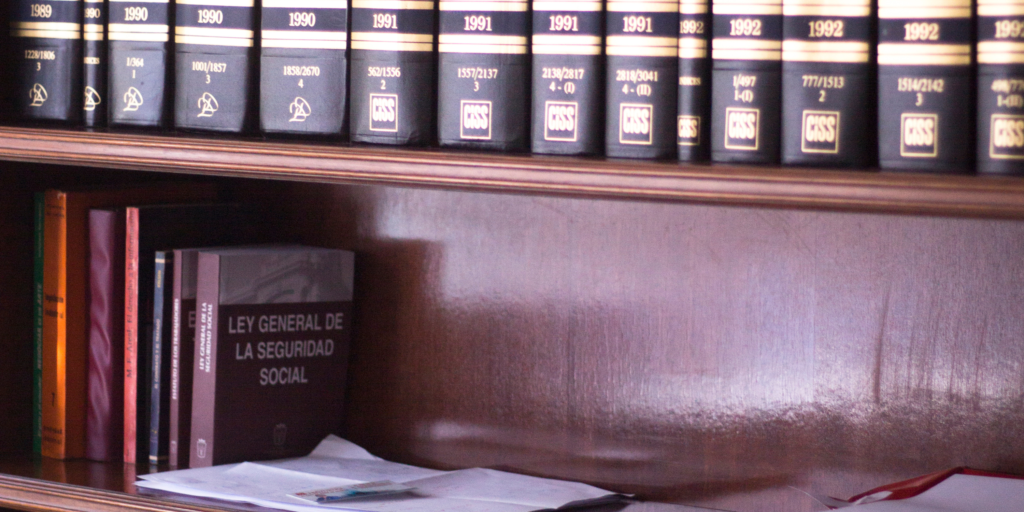
Court reporters must manage time well. They frequently have tight deadlines and limited space for error. Prioritizing and meeting deadlines ensures transcripts are produced on time.
Professional-quality transcripts require appropriate grammar and punctuation. Court reporters must know linguistic rules well. Court reporters work in courts, law companies, and even from home offices, so versatility is important. Being flexible lets them adapt fast to new situations and technology.
Court hearings may involve sensitive material or high-profile situations that require strict confidentiality.
Conclusion
Court reporters should accurately and efficiently transcribe legal proceedings. Success in this field requires fast, accurate typing. No precise typing speed requirement exists, but 225 words per minute is recommended.
Practice, touch typing, and online typing courses or court reporter software can improve typing speed. Investing in stenographic machines or speech recognition software can also help with transcription.
Note that rapid typing does not guarantee court reporter success. Excellent listening comprehension, attention to detail, time management, and legal terminology are all needed for this job. Court reporters must be good communicators and operate well under pressure.



